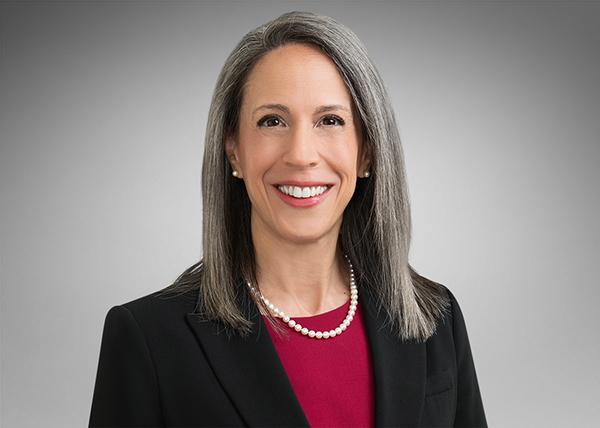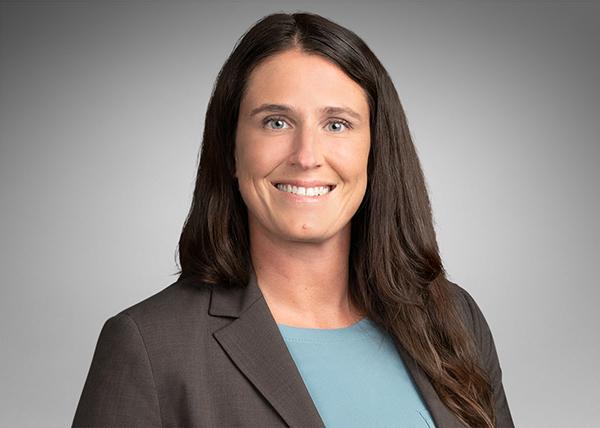On September 29-30, 2022, the Reagan-Udall Foundation for the Food and Drug Administration (the Foundation) held a public meeting of the Independent Expert Panel on Food to gather input from stakeholders. The Foundation is an independent, not-for-profit organization created by Congress that acts as a conduit between FDA and stakeholders and regularly evaluates FDA’s programs. Earlier this year, for example, the Foundation released a paper on lessons learned from the federal government’s COVID-19 response.
FDA Commissioner Robert Califf announced on July 19, 2022 that the agency had charged the Foundation with evaluating FDA’s human foods program. The Foundation convened an Expert Panel comprised of researchers, industry, former regulators, and other experts to conduct this review, which officially launched on September 8, 2022. Commissioner Califf requested that the Foundation provide its final report to FDA within 60 business days of initiation. The Expert Panel held the September 2022 public meeting to obtain feedback from stakeholders on a number of critical topics relevant to its evaluation.
Key Themes and Recommendations
Ultimately, the Foundation will make the final determination regarding the findings and recommendations to include in its report to FDA. The following are some key topics and proposed solutions that arose during the panelist discussions, which are likely indicative of the topics that the Foundation will address in its final report, and the discussion of which may inform the Foundation’s particular recommendations:
Structure of the Agency and Potential for Fragmentation
Speakers across meeting sessions throughout the two days pointed to concerns regarding FDA’s structure and its impact on agency initiatives. A number of speakers opined that the foods program at FDA is prioritized below the drug and device arms of the agency, and also raised questions about potential fragmentation and structural issues within the foods program. Although varying in their particulars, speakers proposed various actions to address these concerns, including the possibility of restructuring to consolidate the foods program, headed by a senior leadership position (such as a Deputy Commissioner for Food), as well as reinstituting the Food Advisory Committee. Speakers explained that slow decision-making within the foods program could negatively impact innovation and market opportunities.
Transparency
Another running theme involved the transparency of the agency. Speakers recommended that FDA be more transparent with the public (in particular regarding its spending and decision-making), and work more collaboratively with consumers and industry. Broadly, speakers recommended that FDA improve internal communication and create a more inclusive governance model that facilitates greater stakeholder engagement.
Nutrition Initiatives
Speakers also discussed the role of the food supply in poor health outcomes in the U.S., specifically diet-related disease and FDA’s role in addressing these issues. Some speakers highlighted recent FDA developments as steps in the right direction, such as the “healthy” claims rulemaking and voluntary sodium reduction targets, but maintained that the agency is often too slow to act and too modest in its efforts. More broadly, a number of speakers expressed the view that the agency tends to focus on foodborne illness to the detriment of the health effects of nutrition, and called for a culture shift.
Food Safety Implementation
Speakers discussed FDA’s efforts to address foodborne illness, many of whom, approvingly, noted the agency’s shift in focus from reaction to prevention, under the FDA Food Safety Modernization Act’s (FSMA). However, a number of speakers suggested that the agency has not fully implemented FSMA, and that FDA’s culture remains focused on reaction, pointing to the recent infant formula crisis as an example.
User Fees?
Another theme raised by speakers throughout the meeting was inadequate funding for FDA’s the foods program, (although speakers often caveated that additional resources are not a complete solution). A number of speakers provided practical advice for requesting additional funds from Congress, but a core focus of the discussion involved the possibility of implementing a user fee scheme (akin to that in place for drugs and devices) for foods, or, relatedly, a “registration fee” system. Members of the Expert Panel, as well as speakers, held varying opinions regarding the value and practicability of such a scheme. However, the prevalence of the topic suggests that the Foundation may cover such a proposal in its final report.
Federal and State Relationships
Speakers recommended that FDA create new funding mechanisms to improve state infrastructure and capacity for inspection work, given the greater number of inspections conducted by state, rather than federal agencies. In particular, some speakers noted that reimbursement contracts are insufficient for states to train their workforce and build up their programs.
Data and Technology
Finally, speakers proposed new data sharing and technology models for FDA to position itself to better understand a changing food supply. While speakers had varying opinions, proposed solutions focused on FDA optimizing its data systems, positioning itself to accept more data from external sources, such as industry and other agencies, and actively sharing data with industry after surveillance sampling and investigations. Speakers also recommended that FDA embrace emerging and advanced technologies to anticipate changes in climate conditions that impact food production and safety. Additionally, speakers pointed approvingly to FDA’s work with FDA CORE and GenomeTrakr, a network of laboratories that utilize genome sequencing for pathogen identification.
What Can You Do?
In addition to the September 2022 public meeting, the Foundation is seeking input directly from stakeholders regarding FDA’s human foods program, its challenges, and proposed improvements. These comments may inform the Foundation’s review and recommendations, and interested stakeholders should submit comments through the Stakeholder Portal.
If you have any questions concerning the material discussed in this client alert, please contact the members of our Food, Beverage, and Dietary Supplements practice.
Back
Back









